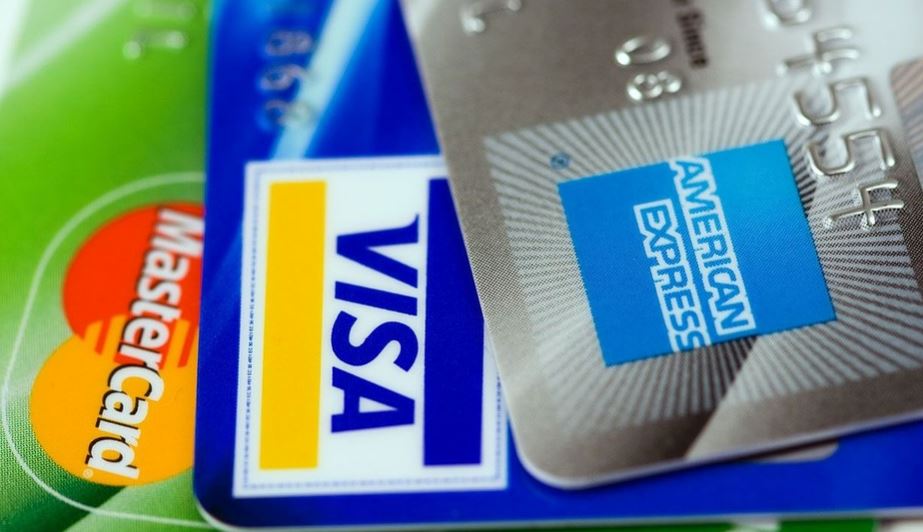A merchant account is a type of account that allows businesses or institutions to accept payment through credit or cash cards, however there are other multiple ways to do such. A merchant account therefore is an agreement between a retailer, a merchant bank and payment processor for the settlement of credit card and/or debit card transactions.

How does Merchant Accounts work?
These transfers usually take place on a weekly or daily basis. The simple process goes thus, when a customer pays for a product or service with a credit card, the money is first deposited into the merchant account and from there eventually transferred to the business bank account. Merchant accounts are marketed to merchants by basically two methods; this could be directly by a processor or by the sponsoring bank, or by an authorized agent for the bank and additionally directly registered with both Visa and MasterCard as an ISO/MSP.
What is an Internet Merchant Account?
An internet merchant account is a merchant account designed to hold the proceeds from the online payment processing of credit cards. Internet Merchant accounts are very important if you want to operate an e-commerce site and accept credit card payments online.
Applying for a merchant account can be a very tasking, agonizing and daunting process, especially when there is no expertise of any sorts, these causes’ challenges for ‘high risk’ business owners. Some of the high risk businesses that will find it difficult to get processing include:
- Online Gambling, Online Gaming, and Casinos
- Sports Booking
- Travel and Advanced Booking
- Subscription-based services
- Telemarketing services
- Bitcoin Mining or Forex Trading
- Cannabis Products / Head Shops
- Pharmaceuticals
- Health Supplements
- Online Dating and Adult services
- E-cigarettes and tobacco
Most times, merchants account are declined on the basis that these businesses are new and relatively emerging and are unproven or maybe the business only sells to customers in other countries and the credit score is also relatively low.
Here are some of the challenges faced when getting a merchant account:
-
Personal Credit History
The personal history of the person or individual signing the account is important. If there are questionable signs, it could affect the approval of the account. If there are multiple people who sign for your business, it is advisable to contact and utilize the ones you know have good credit. Merchant businesses usually or typically require that the signer or owner of the merchant account to be a person with at least some percentage of ownership, a larger shareholder, or someone with a major title if the company is registered as a Limited Liability Company or Corporation.
-
Business Type
Here, business types are also taken into cognizance, there are businesses that are taken or seen as high risk businesses. Most merchant account operators maintain a list of industries that they generally will not service due to their traditionally high-risk nature. Having a high risk merchant business does not mean that an application will be rejected but the vendor may initially demand a higher transaction or other ridiculous fees to compensate for risk. If the business becomes well established, the fees can be re-negotiated or terms may be retouched at a later time
-
Ridiculous avalanche of fees
Merchant accounts have a variety of fees attached to them, some of which are little above discouraging, examples include
- Application Fees
- Setup Fees
- Monthly Fees
- Discount Rate
- Per-Transaction Fees
- Cross-border Fees
- High Chargeback Fees
- Rental fees for a credit card terminal
These fees can increase per transaction, and clients should take note that not all the fees are listed in the contract statement; however there are also extra fees, some which come with contracts that have minimum terms and cannot be cancelled without a penalty
-
Tax Liens
Tax liens which are considered business related or personally related are high risks for merchant accounts, a tax lien is the government’s legal claim against a property/ holding/ownership when the owner fails to pay taxes. The government thereby enforces the lien and seizes the said property to satisfy the unpaid debt. Tax liens are a part of public record, when you apply for merchant account, they can look up your business in public lien records, which are available through a county clerk or recorder’s office. If there are any sorts of defaults, they’re much less likely to accept or consider the application until the tax debt has been paid off. In other words you are considered a high risk business when you are not compliant with security regulations
-
Are Financial Institutions wary or Reluctant?
Yes, financial institutions are categorically reluctant to accede to merchant account applications to industries especially those they consider high risk, for example the CBD business which banks say it is still a rocky road to venture especially when working with businesses connected to and specializing in marijuana. Many banks believe that providing financial services to the CBD industry and merchant account for CBD products will cause unnecessary worries and will inadvertently get them in trouble with the government. Now consider if you have an online commerce or enterprise that operates in another industry such as electronic gambling, banks and other service providers are most likely capable of categorizing your business as high-risk because of the potential for data theft.
-
Fraudsters
Merchant accounts are a cool spot for fraudsters to thrive in because of the financial risk and liability for merchant processors. Merchant card ranges from simple to complex and can lead to bank fraud, internet or cyber-crimes, identity theft and a bunch of other criminal offences which can be considered as federal or state offences. In some cases merchant account operators may set up a false storefront, accept customer payment for goods and not provide goods or run transactions in a leased store front and then disappear
The Sweat beyond the Challenges
The banks have left the merchant account applicants in a lurch because of their inability to make use of the credit card processes; it’s now left for business owners to transact using cash. This process isn’t an easy one especially when you have to pay cash to employees which require you keeping cash at hand. Having to keep cash at hand is a large security risk since money could easily become lost or stolen. While cash flow is just as important to the business as any other business, losing cash can become ravaging, wasteful and likewise easy.



